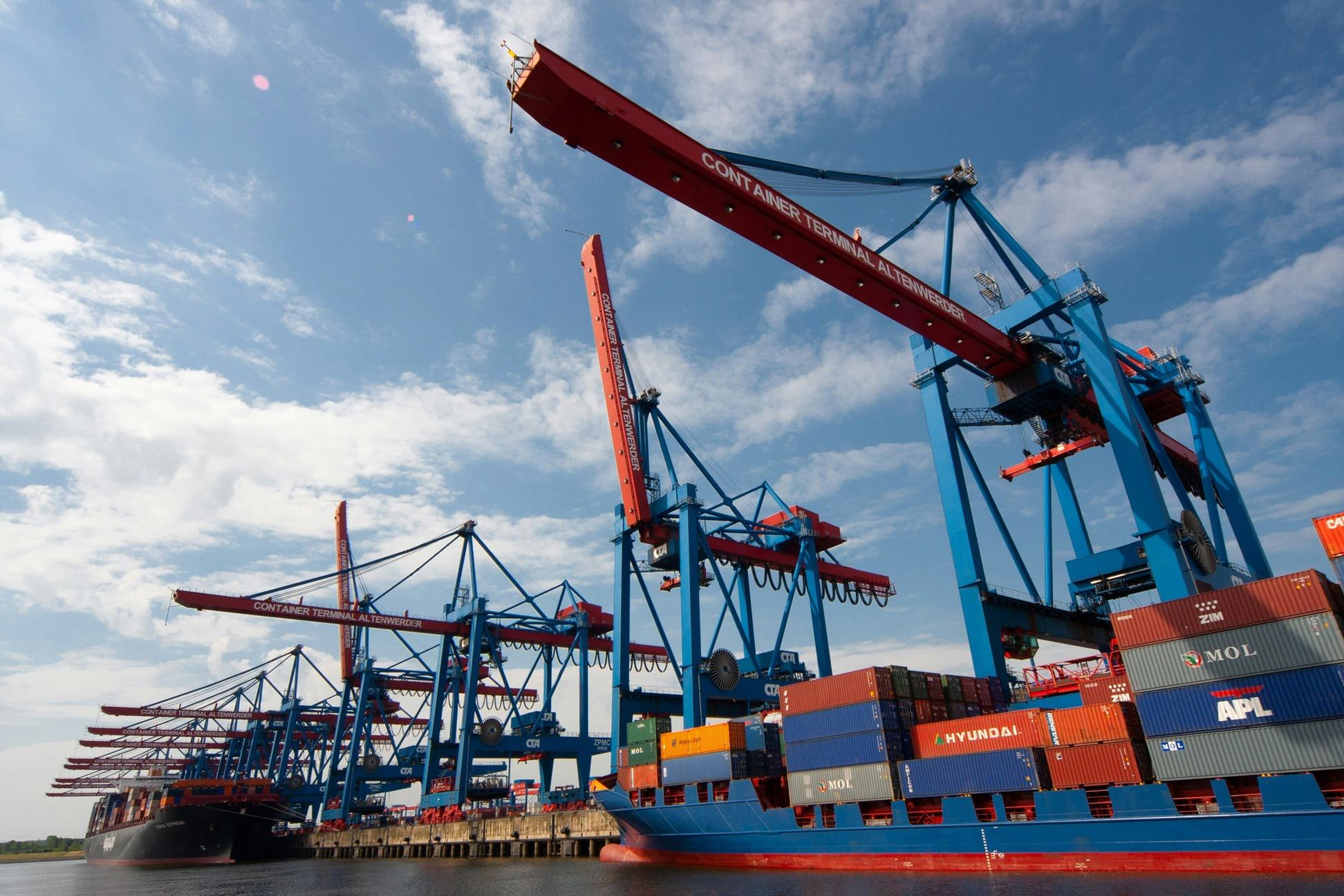
New Tariff Measures on US imports of automobiles and automobile parts
In a new twist to the ongoing trade tensions, President Trump announced on 26th March 2025, an Executive Order imposing a 25% tariffs to be added to virtually all imports of automobiles and automotive parts. This will be a huge blow for the EU and UK car manufacturing sector, which includes heavyweights such as Volkswagen and BMW.
According to the Society of Motor Manufacturers and Traders (SMMT) figures for 2024 (1), the UK exported 16.9% of its vehicles to the US, which is second in the list of exporting territories. The announcement of this new measure will generate significant concern for the European car industry as it attempts to maintain its share in the global market which has been impacted by the onslaught of Chinese electric vehicles (EVs).
The Presidents message is clear: he is focussed on increasing the car manufacturing capacity of the United States and reduce the influx of overseas imports, which (for 2024) totalled $391.46 billion (2). Imports of automobiles, such as cars, trucks, and motorcycles, is third in the list of imported commodities into the US and this new Executive Order shows that the President is concerned that the US is relying too heavily on overseas products which is reducing the US car industry year on year.
In fact, according to recent figures announced by the US Bureau of Economic Analysis (BEA), figures for 2024 suggest that there was an increase of $16.1 billion in imports of automotive vehicles, parts, and engines (3). The President wants to address this trend and his current policy is to use Section 232 measures to implement an Emergency Order.
The announcement confirmed that 25% tariffs would be applicable on goods imported, or removed from a bonded warehouse, from 12.01am on the 3rd April 2025. This provides very little time for overseas automotive suppliers to evaluate the impact of the tariffs or attempt to make changes to its supply chains.
Further imposition of tariffs by the Trump Administration is aimed at protecting US industry but may have a negative effect on the long run if it results in recession. Political engagement should be prioritised. While the automotive tariff won't have an outsize domestic impact on Ireland when compared to what may emerge with the pharma tariffs, our EU counterparts will be watching anything that may impact the automotive sector with great interest.
Given the broad scope of these tariffs, all vehicle and parts manufacturers and exporters must review the potential effects. Here’s how businesses can assess and mitigate the impact of these new measures:
US Origin parts
The tariffs will specifically target non-US originating vehicle parts. Exporters to the US must review their supply chains to confirm the origin of each part. If they can evidence that parts were originally purchased from the US, they may be able to obtain relief from the tariffs.
For many this will be too burdensome, but a simple review of current known origin of parts is a good starting point. If high value parts are identified, the next step is to identify the evidence to confirm US origin.
Customs Valuation and use of DDP Incoterm
The measures do not discriminate and therefore no matter where the vehicles or parts are imported from, the tariffs will apply. Apart from determining any US originating parts, the only other way to reduce the burden of the tariffs is to import the vehicles under DDP Incoterms and use the Computed Valuation Method to reduce the value that is applicable to the tariffs.
Again, for many this will be too burdensome as the company will be required to import the goods into the US in their own name and be responsible for any customs liabilities. An assessment of the opportunities and benefits of using the Computed Value is worth conducting as this may, even in the short-term, help manage the duty impact under these new measures.
Customs Warehousing
As the scope and longevity of this Tariff War increases, there is still uncertainty over how long this will last. Will the US Government be forced to back down due to public pressure? Will the US strike agreements with certain countries which reduce these tariffs? Depending on who you speak to, the opinion will vary.
At BTI, we recommend that impacted importers consider utilising customs warehousing or US Free Zones as a way to mitigate the duty exposure on slower-selling goods. By storing goods in a bonded warehouse, importers can defer the payment of tariffs until goods are sold in the US market, providing more time to adjust pricing strategies and manage costs effectively. Additionally, bonded storage allows the "duty point" to shift closer to the final sale, reducing the immediate financial impact of these new tariffs.
Need assistance navigating these change? Our experts at Baker Tilly are here to help. Contact us today for tailored advice on how to adjust your supply chains and mitigate the impact of these new tariffs. Let us guide you through these challenging times with strategic solutions.
References:
(1) UK Car Manufacturing & Production Data | UK Car Exports Statistics | SMMT
(2) USA Total Imports in 2024: US Import by Country - USImportData - US Import Export Data
(3) https://www.bea.gov/news/2025/us-international-trade-goods-and-services-december-and-annual-2024
Related content











